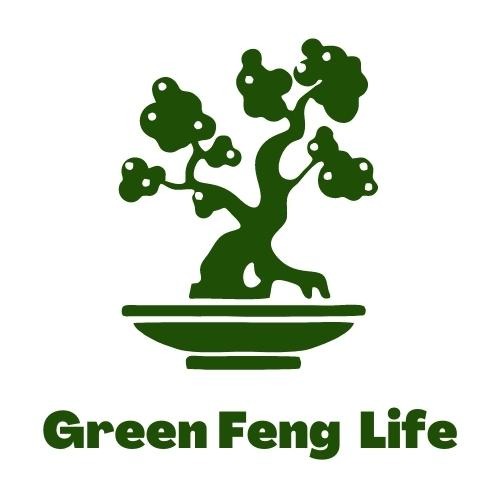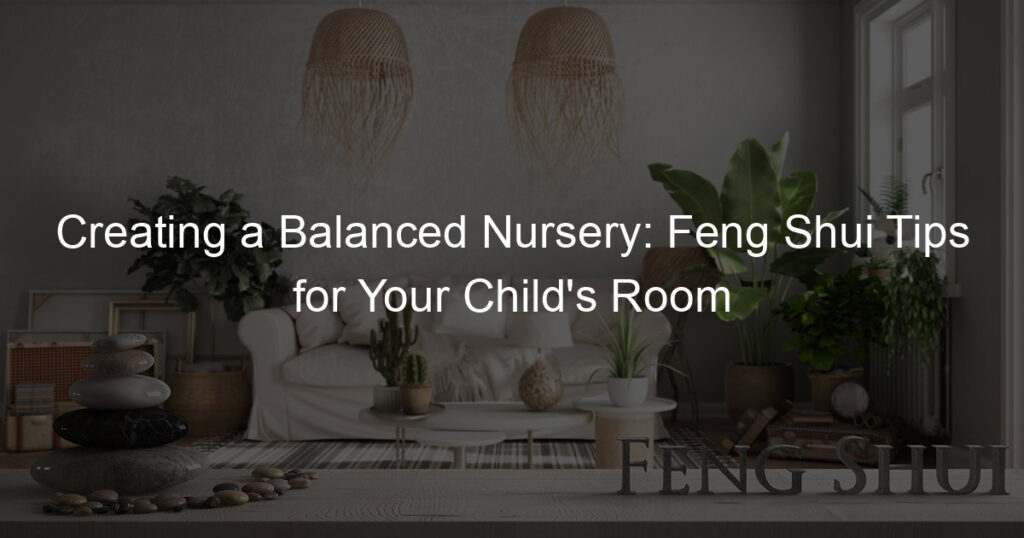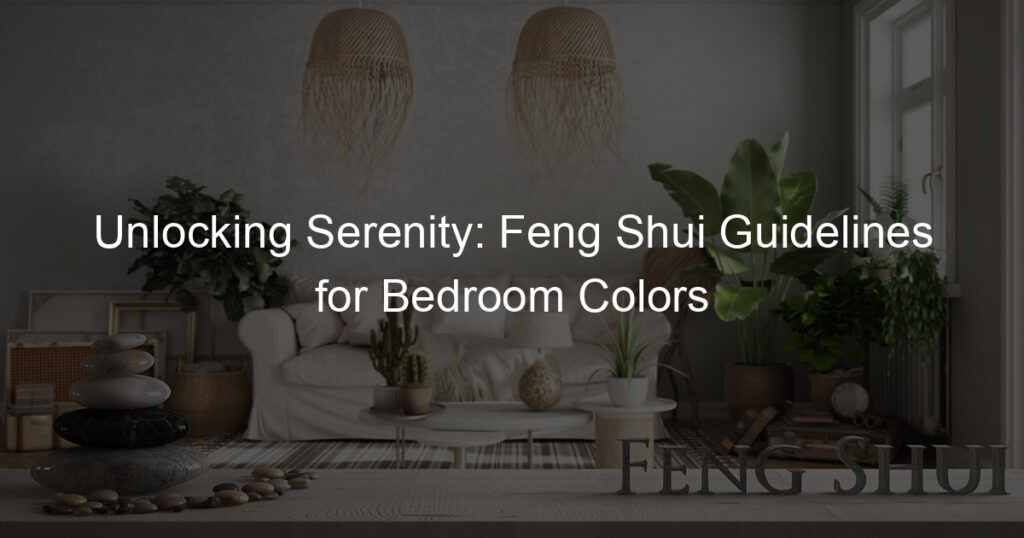
Introduction to Feng Shui Principles
Welcome to the fascinating world of Feng Shui, a traditional practice originating from ancient China. This practice aims to harmonize individuals with their surrounding environment. It’s not just about arranging furniture; it’s a philosophy that can impact your wellbeing and success.
- Understanding the basics of Feng Shui
- Importance of Feng Shui in home design
Feng Shui, pronounced as “Fung Shway,” translates to “Wind Water.” It is based on the Taoist vision and understanding of nature, particularly on the idea that the land is alive and filled with energy, known as ‘Chi.’ This practice involves arranging your surroundings in a way that optimizes the flow of Chi.
The fundamental principles of Feng Shui involve the balance of Yin and Yang – opposing forces that need to be in balance for harmony, and the Five Elements – Wood, Fire, Earth, Metal, and Water. These elements interact in certain ways, generally defined as the Productive and Destructive cycles.
When applied to home design, Feng Shui can create a positive and harmonious living space. It’s about creating a balance between you and your home, promoting wellbeing, happiness, and prosperity.
For example, the front door, known as the ‘Mouth of Chi,’ is one of the most important areas in a home according to Feng Shui. It’s where all the energy enters, and its design and direction can significantly impact the energy flow in your home.
Another example is the bedroom, a place for rest and rejuvenation. In Feng Shui, the bed’s position, the room’s color, and even the direction you face while sleeping can affect your energy levels and quality of sleep.
Understanding and applying Feng Shui principles in your home can transform your living space into a sanctuary of positive energy. It’s not just about aesthetics, but also about creating a home that nurtures and supports you.
Best Ceilings for Feng Shui: An Overview
When it comes to designing a home with Feng Shui principles, every detail matters, including the ceiling. The ceiling plays a crucial role in maintaining the balance and harmony of energy in your home. Let’s delve into the characteristics of Feng Shui compliant ceilings and explore some examples of Feng Shui ceiling designs.
- Characteristics of Feng Shui compliant ceilings
- High and Bright: A high, bright ceiling allows for the free flow of Chi, or energy, promoting a sense of freedom and openness.
- Even Surface: Ceilings should be flat and even. Uneven surfaces or beams can disrupt the flow of Chi, leading to negative energy.
- Light Colors: Light colors are preferred for ceilings as they reflect light and encourage positive energy. Dark ceilings can create a heavy, oppressive feeling.
- No Clutter: The area above the ceiling should be clean and clutter-free to prevent blockage of energy flow.
- Examples of Feng Shui ceiling designs
- The Classic White Ceiling: A high, bright white ceiling is a classic Feng Shui design. It allows for maximum light reflection and promotes a sense of spaciousness.
- The Light Blue Sky Ceiling: A ceiling painted light blue can mimic the sky, promoting a sense of openness and tranquility.
- The Wooden Beam Ceiling: If your home has wooden beams, paint them the same color as the ceiling to minimize disruption of Chi flow. This design maintains the aesthetic appeal of beams without the negative Feng Shui impact.
Feng Shui compliant ceilings have certain unique characteristics that set them apart. Here are some key features:
Designing a Feng Shui compliant ceiling can be a creative and fulfilling process. Here are a few examples:
Remember, the goal of Feng Shui is to create a harmonious environment that promotes health, happiness, and prosperity. The ceiling, often overlooked, is a key component in achieving this balance. By understanding the characteristics of Feng Shui compliant ceilings and exploring various design options, you can create a home that is not only beautiful but also energetically balanced.
Choosing Ceilings for Feng Shui
When it comes to Feng Shui, every element in your home matters, including the ceiling. The ceiling is more than just a cover over your head; it plays a significant role in the flow of energy within your space. Here are some factors to consider when choosing a ceiling for Feng Shui.
Factors to Consider
Choosing the right ceiling for Feng Shui involves considering several factors. Here are the top three:
- Room Purpose
- Material of the Ceiling
- Color and Texture
The purpose of the room plays a crucial role in determining the best ceiling for Feng Shui. For instance, a bedroom requires a calming and relaxing energy, so a flat, light-colored ceiling would be ideal. On the other hand, a home office might benefit from a more stimulating energy, so a ceiling with a bold color or interesting texture might be more suitable.
The material of the ceiling can also impact the energy of the room. Natural materials like wood or stone can bring a sense of warmth and grounding, while metal or glass might create a more modern and energetic vibe. It’s important to choose a material that aligns with the desired energy of the room.
The color and texture of the ceiling can significantly influence the room’s energy. Light colors can make a room feel larger and more open, while dark colors can make it feel cozier and more intimate. Textures can also add interest and depth to a room. However, it’s essential to maintain balance and not overwhelm the space with too much color or texture.
Remember, the goal of Feng Shui is to create a harmonious environment that supports your well-being and success. So, when choosing a ceiling for Feng Shui, consider these factors and aim for a design that promotes balance, positivity, and flow.
Common Mistakes to Avoid
When choosing ceilings for Feng Shui, it’s essential to avoid common mistakes that could disrupt the harmony and balance in your home. Here are two key errors to watch out for:
- Ignoring the balance of elements: Feng Shui is all about balance. Each element – wood, fire, earth, metal, and water – should be represented in your home design. Ignoring this balance can lead to a feeling of discomfort or unease. For example, a room with too much wood (like a wooden ceiling and furniture) might feel overwhelming and unbalanced. It’s important to mix and match elements to create a harmonious environment.
- Overlooking the importance of natural light: Natural light plays a crucial role in Feng Shui. It brings positive energy and creates a sense of openness and space. When choosing a ceiling, consider how it will impact the natural light in the room. A dark ceiling, for instance, might make a room feel smaller and more closed off. On the other hand, a light-colored ceiling can help reflect natural light and make the room feel larger and more inviting.
By avoiding these common mistakes, you can create a home that not only looks beautiful but also promotes positive energy and balance according to Feng Shui principles.
Feng Shui Home Design: Beyond Ceilings
When we think of Feng Shui, we often imagine the placement of furniture or the color of our walls. However, Feng Shui extends far beyond these elements and can be applied to the very architecture of our homes. Let’s delve deeper into this fascinating subject.
Feng Shui in Architecture
Feng Shui in architecture is a concept that has been practiced for centuries. It is a design philosophy that focuses on the balance of energy, or “chi,” in a space. This energy is believed to influence the health, wealth, and happiness of the people living in that space.
- Importance of layout and orientation
- Case study: Feng Shui in modern architecture
The layout and orientation of a building are critical in Feng Shui. The belief is that certain directions have specific types of energy. For example, the south is associated with fame and reputation, while the north is linked to career and life path. Therefore, the direction your home faces can have a significant impact on your life.
One excellent example of Feng Shui in modern architecture is the Bank of China Tower in Hong Kong. This building was designed by renowned architect I.M. Pei, who incorporated Feng Shui principles into the design. The building’s sharp angles are said to represent positive energy, and the building’s orientation was chosen to align with specific energy paths.
In conclusion, Feng Shui is not just about interior design. It also plays a significant role in architecture. By understanding and applying these principles, we can create homes that not only look good but also promote positive energy and well-being.
Feng Shui Interior Design
When it comes to Feng Shui in interior design, two key elements play a significant role: furniture placement and decluttering. Let’s explore these aspects in detail.
- Role of Furniture Placement
Furniture placement in Feng Shui is all about creating a harmonious flow of energy. In Feng Shui, it’s believed that the way we arrange our furniture can impact our mood, health, and overall well-being. For instance, a bed should not be placed directly in line with the door, as it’s considered the “death position”. Similarly, seating should be arranged in a way that allows everyone to see the entrance, promoting a sense of security and control.
Moreover, the furniture should not block natural pathways or make the room feel cramped. Instead, it should promote a smooth flow of energy, or “chi”, throughout the space. This can be achieved by leaving ample space around furniture and choosing pieces that are proportionate to the room.
- Importance of Decluttering
Decluttering is another crucial aspect of Feng Shui interior design. A cluttered space is believed to hinder the flow of positive energy, leading to feelings of stagnation and stress. Conversely, a clean and organized space allows for a free flow of energy, promoting peace, relaxation, and productivity.
Decluttering doesn’t just mean getting rid of unnecessary items. It also involves organizing what’s left in a way that makes sense and is visually pleasing. This can be as simple as keeping books neatly arranged on a shelf, or as complex as implementing a full organization system for a large collection of items.
In conclusion, both furniture placement and decluttering play significant roles in Feng Shui interior design. By paying attention to these aspects, we can create a space that not only looks good, but also promotes positive energy and well-being.
Feng Shui Home Improvement: Practical Tips
As we delve deeper into the world of Feng Shui, let’s explore some practical tips that you can easily apply in your home. These tips are not only simple to implement, but they also have a significant impact on the energy flow within your living space.
- Enhancing energy flow with mirrors
Mirrors play a vital role in Feng Shui. They are known to double the energy of a space, making them a powerful tool in enhancing the energy flow in your home. When placed correctly, mirrors can reflect and multiply the positive energy in a room.
For instance, placing a mirror in your dining room can symbolize doubling of food and wealth. However, remember not to place mirrors where they reflect clutter or unwanted things, as this could also double the negative energy.
- Using plants for positive energy
Plants are a wonderful addition to any home, not just for their aesthetic appeal, but also for their ability to improve the energy flow. In Feng Shui, plants represent growth, prosperity, and good luck. They can absorb negative energy and emit positive energy, making your home a more harmonious place to live in.
For example, the Bamboo plant is considered lucky in Feng Shui. It’s believed to bring good fortune and prosperity. Similarly, the Jade plant is known for attracting wealth and success. However, always remember to take good care of your plants, as a neglected plant can generate negative energy.
These are just a few examples of how you can improve your home’s Feng Shui. Remember, the key to a good Feng Shui home is balance and harmony. So, whether you’re using mirrors or plants, always aim to create a balanced and harmonious environment.
Conclusion: Embracing Feng Shui in Your Home
As we conclude our journey through the principles and applications of Feng Shui, it’s important to reflect on the benefits and key takeaways. Embracing Feng Shui in your home is not just about aesthetics or design, but also about creating a harmonious and balanced environment that promotes well-being and prosperity.
- Benefits of a Feng Shui compliant home
- Key takeaways from the guide
- Feng Shui is an ancient Chinese philosophy that seeks to harmonize individuals with their surrounding environment.
- The selection of ceilings is a crucial aspect of Feng Shui home design. High ceilings, for instance, can promote a sense of freedom and creativity.
- Feng Shui goes beyond ceilings. It encompasses the arrangement of furniture, the choice of colors, and the placement of objects.
- Implementing Feng Shui in your home can be simple and practical. It doesn’t require a complete home makeover, but rather small, thoughtful changes.
Adopting Feng Shui in your home has numerous benefits. Firstly, it enhances the flow of positive energy or ‘chi’ in your home, promoting a sense of tranquility and peace. It can also improve your health, as Feng Shui principles aim to reduce stress and promote relaxation. Lastly, a Feng Shui compliant home can increase your productivity and focus by creating a balanced and harmonious environment.
Throughout this guide, we’ve explored various aspects of Feng Shui, from the principles to the selection of ceilings and beyond. Here are the key takeaways:
In conclusion, embracing Feng Shui in your home can be a rewarding journey. It’s not just about creating a beautiful home, but also about fostering a space that nurtures your well-being and happiness. So, why not give it a try?














